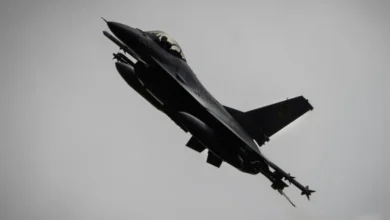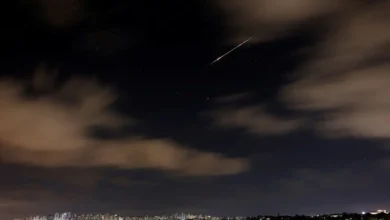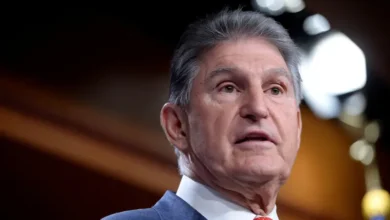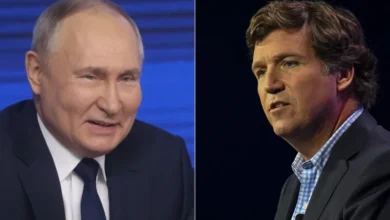Ukrainians are looking past NATO to a European security architecture

The fate of Ukraine and the future of European security hangs in the balance as United States and Russian diplomats prepared to discuss an accelerated peace plan this week.
The uncertainty and dreadful possibilities of this historical moment, with Russia occupying a fifth of Ukrainian soil, dominated the atmosphere of Firewalling the Future, a conference on the future of Ukraine held at Cambridge University on Monday.
“No one knows if NATO will be present if things actually happen,” said one Ukrainian parliamentarian whose husband was fighting on the front lines.
“We have to realise as a Europe that outsourced its protection, that … Ukraine suddenly became a valuable security partner. We’re willing to fight and give you a lot of valuable lessons.”
“Is the United States still seen as a reliable partner?” asked another parliamentarian from Kyiv. In a European crisis, she said, “Who will come?”
“If the US continues to say what Vance said at Munich, they are facing a disaster,” said a Ukrainian former cabinet member. “Europe is waking from a warm bath,” he concluded.
All the speakers addressed the conference under Chatham House rules of anonymity.
‘You gotta pay’
In the past year, Europe’s security prospects have changed beyond recognition. US President Donald Trump said NATO protection was no longer contractual but conditional.
“One of the presidents of a big [NATO] country stood up, said, if we don’t pay and we’re attacked by Russia, will you protect us?” he told students at Coastal Carolina University in February last year. “No, I will not protect you, in fact I would encourage [the Russians] to do whatever the hell they want. You gotta pay,” he said to cheers.
This month, protection for Ukraine also became conditional, as Trump demanded preferential access to Ukraine’s mineral wealth to pay for the aid the US has provided.
Days later, in his first remarks on European soil, Defense Secretary Pete Hegseth said “returning to Ukraine’s pre-2014 borders is an unrealistic objective,” and that “the United States does not believe that NATO membership for Ukraine is a realistic outcome of a negotiated settlement.”










